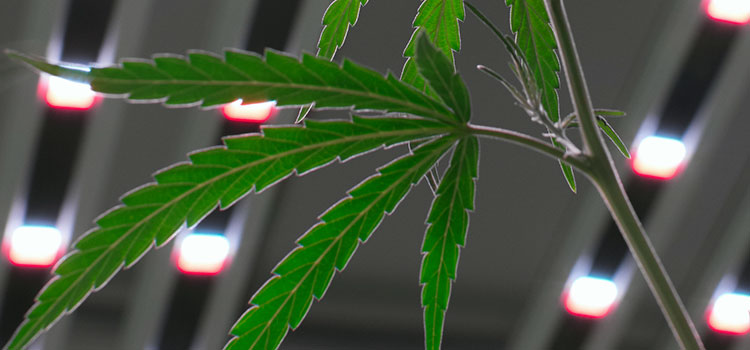Researchers at the University of Miami have launched a five-year study to evaluate the effectiveness of CBD as a treatment for traumatic brain injury, backed by a $16 million grant from Scythian Biosceiences.
The study will be part of The Miami Project to Cure Paralysis carried out by the Miller School of Medicine believe the compound could reduce post-injury cell inflammation, pain, headaches and post-concussions syndromes. The Center of Disease Control estimates that about two million children and teenagers are impacted by TBI, which contributes to about 30 percent of all injury deaths in the US. Since 2000, there have been about 345,000 diagnosed cases among U.S. Armed Forces members.
Dalton Dietrich, Ph.D, scientific director for The Miami Project and neurology surgery professor at the Miller School, said that the short and long-term effects of both TBI and concussion are “well documented but poorly understood.”
“We face a number of major obstacles, such as clinically relevant models that address the complex pathophysiology of circuit dysfunction and recovery mechanisms associated with TBI,” he said in a press release. “The testing of novel compounds, including this approach using the cannabinoid/NMDA antagonist combination, are needed to treat cognitive and emotional consequences of single and repetitive brain injuries.”
The study will be headed by Gillian Hotz Ph.D, research professor of neurological surgery and director of the KIDZ Neuroscience Center. As the Director of the Concussion Program at the University of Miami Health System Sports Medicine, Hotz helped develop a national concussion protocol.
“One thing has eluded us — a clinically proven medication to treat concussion. Whether or not this study leads to a pill that could treat concussion, this type of research will pave the way for UM and other researchers to better manage concussion,” she said in the release. “It’s a privilege to help lead this journey.”
Pre-clinical studies evaluating rodent models of TBI will begin in years one and two. Phase two will involve a small human pilot study and, if successful, a fully-powered clinical trial would commence over the next three years with FDA oversight.
